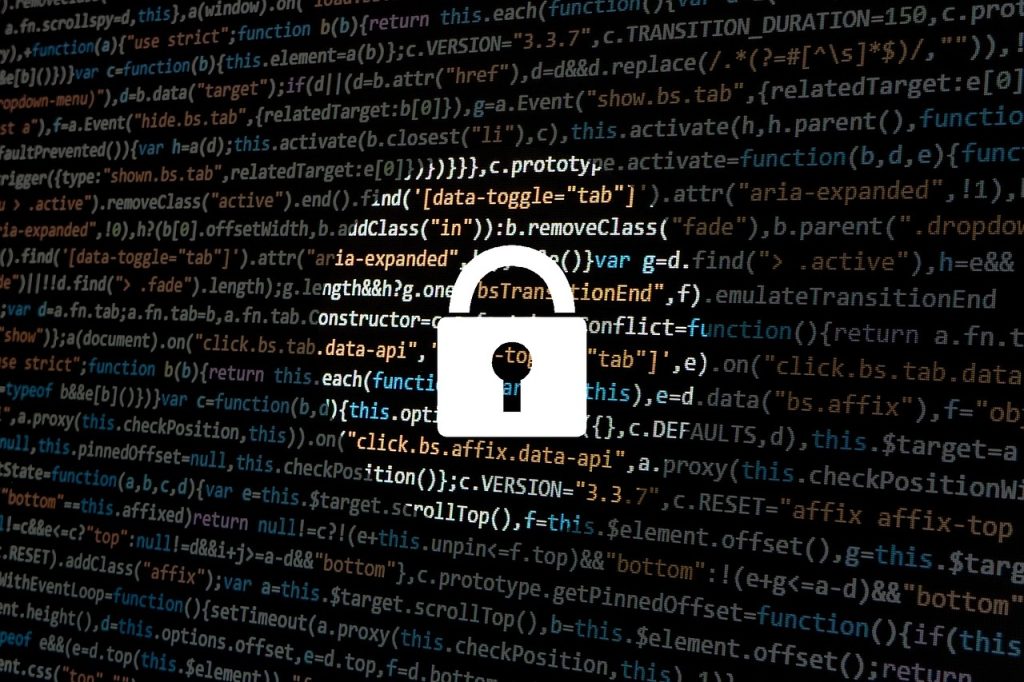
6 Reasons Why You Need DRM Protected eBook
Summarize this blog with your favorite AI:
Why You Need DRM-Protected eBooks – TL;DR
Summary: 6 Reasons Why You Need DRM-Protected eBooks
Additional Protection: DRM prevents unauthorized copying, sharing, and online piracy.
Safeguards Revenue: DRM limits piracy and boosts sales, addressing a $315 million annual loss for U.S. publishers.
Increased ROI: Cost-effective publishing with DRM ensures returns on each purchase.
IPR Control: DRM enables setting expiration dates and access restrictions.
Prevents IPR Theft: Tracks viewing and sharing attempts, allowing immediate action.
Regulatory Compliance: DRM meets data privacy and security requirements.
Conclusion: DRM-protected eBooks secure digital content and preserve revenue streams.
The digital revolution has altered the publishing industry. eBooks are slowly becoming the first choice of publishers and authors. While the digital publishing industry is flourishing, there is a constant threat of online piracy. Digital Rights Management (DRM) protected eBook is a plausible solution to protect IP.
According to a recent report, 17% of eBooks read in the UK are pirated. Shockingly, in Russia, 92% of eBooks are downloaded illegally. Publishers and authors must consider a DRM protected eBook to restrict piracy and duplication.
Top 6 Reasons Why You Need DRM-Protected eBooks Right Now -
1. DRM is an Additional Layer of Protection over your eBooks:
Though there are multiple protection measures publishers and authors take before publishing their eBooks on online platforms, DRM acts as an additional level of protection. DRM prevents copying or duplication of the content, in any form. Hence, it protects eBook from online piracy and unauthorized sharing and safeguards its Intellectual Property Rights (IPR).
2. DRM helps in Safeguarding Revenue:
Publishers and authors expect revenues by selling eBooks on different platforms. Piracy impacts the overall revenue structure and costs them substantially. A Nielsen consumer survey commissioned by Digimarc Corporation revealed that eBook piracy costs $315 million to the U.S. publishers, each year. This is a major concern and needs to curbed through strong action.
DRM protected eBooks make illegal sharing of eBooks impossible. Only those with the digital key can access the eBook. Without the key, readers will not be able to open the eBook. Thus, interested readers must purchase the eBook, which eventually will reduce piracy and will consequently improve revenues.
3. Increased ROI:
Publishing digital books is a cost-effective way as compared to printing physical books. Furthermore, there is an instant delivery of eBooks to the international audience. Distribution of DRM protected eBooks will increase the return on investment (RoI). Publishers and authors will get paid for each purchase and will get significant returns.
4. IPR Control:
With DRM protected eBooks, publishers can control who can view the eBook and who can’t. DRM defines the lifecycle by letting you select the expiry date of the eBook. This means, your reader won’t be able to view the eBook after the expiry date. This additional feature makes it essential to have a DRM protected eBook.
5. DRM Helps in Preventing IPR Theft:
Publishers can prevent IPR theft with DRM. DRM lets you monitor who has viewed the ebook. Furthermore, they can know if someone has tried to pass on the access to someone else. This lets publishers take immediate action and prevent any sort of theft.
6. Regulatory Compliance:
Digital world requires compliance with multiple international regulatory guidelines. Along with this, one must ensure the confidentiality of the data. With the implementation of DRM, sensitive information, such as personal information or important documents, are safe. Additionally, the distribution of these information can be done safely without any loss of control.
Conclusion:
In the digital world where duplication and illegal transfer of information are quite prominent, DRM protected eBook restricts any unauthorised action. It secures eBooks and provides access to only those who have purchased them.
Download our ‘How to Create DRM protected eBook’ to create your own eBook and distribute it securely.
Contact our expert team now and get started!
To know more, please write to us at contact@kitaboo.com
Suggested Reads:
- Is Online Education Better than Traditional Education
- Best Apps to Read PDF Books on Android Devices
- Trends in Education Technology
- Free Publishing Sites for Independent Publishing
- Reflowable vs Fixed Layout
- Digital Textbook Platform for K12 Publishers
- Digital Textbook Platform for Associations & Societies
- Digital Textbook Platform for Trade Publishers
- Digital Textbook Platform for Training Companies
- Digital Publishing Solution for Content Aggregators
- Digital Publishing Platform for Professional Training
Frequently Asked Questions
Discover how a mobile-first training platform can help your organization.
KITABOO is a cloud-based platform to create, deliver & track mobile-first interactive training content.


